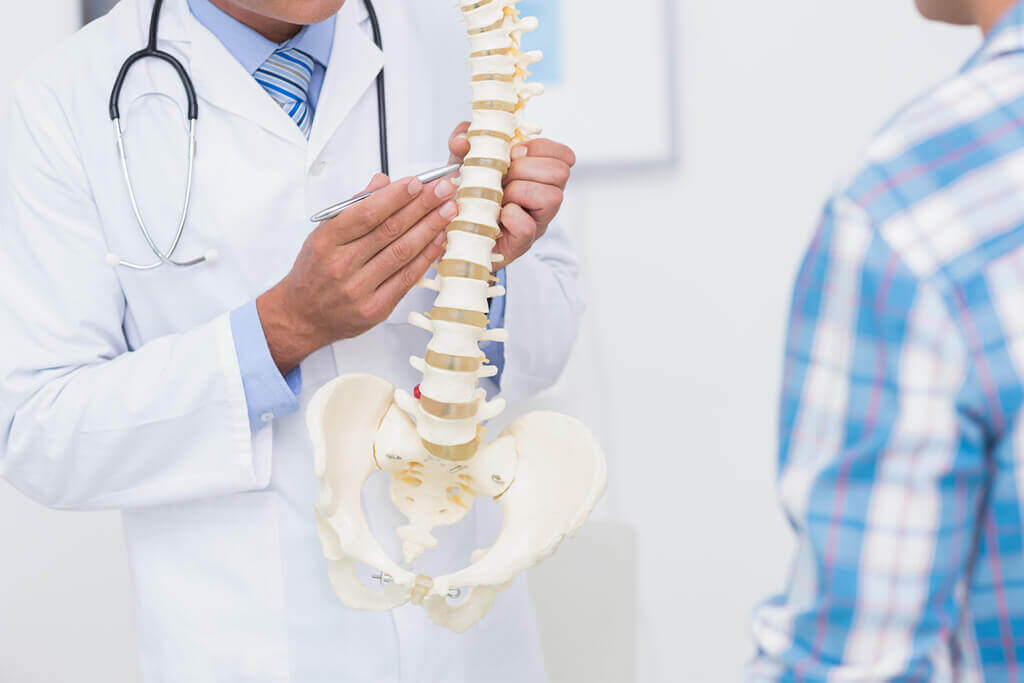Vomiting
Introduction
Although no one likes it, everyone will experience vomiting at one time or another. Vomiting occurs when the stomach moves food up and out, instead of down through the digestive tract. In the majority of cases, vomiting can be treated at home with fluids. In severe instances, such as with poisoning, vomiting should be treated by emergency medicine professionals.
Anatomy
Your stomach produces acids to break down food for digestion and processes it into a liquid form. The liquid travels from your stomach to your small intestine, where it is further processed, sent to the large intestine, and eventually eliminated from your body.
Causes
Symptoms
Diagnosis
Treatment
Am I at Risk
• Morning sickness during pregnancy
• Alcoholism
• Food allergies
• Food poisoning
• Cancer and are treated with some types of chemotherapy
Complications

Copyright © - iHealthSpot Interactive - www.iHealthSpot.com
This information is intended for educational and informational purposes only. It should not be used in place of an individual consultation or examination or replace the advice of your health care professional and should not be relied upon to determine diagnosis or course of treatment.
The iHealthSpot patient education library was written collaboratively by the iHealthSpot editorial team which includes Senior Medical Authors Dr. Mary Car-Blanchard, OTD/OTR/L and Valerie K. Clark, and the following editorial advisors: Steve Meadows, MD, Ernie F. Soto, DDS, Ronald J. Glatzer, MD, Jonathan Rosenberg, MD, Christopher M. Nolte, MD, David Applebaum, MD, Jonathan M. Tarrash, MD, and Paula Soto, RN/BSN. This content complies with the HONcode standard for trustworthy health information. The library commenced development on September 1, 2005 with the latest update/addition on February 16, 2022. For information on iHealthSpot’s other services including medical website design, visit www.iHealthSpot.com.


